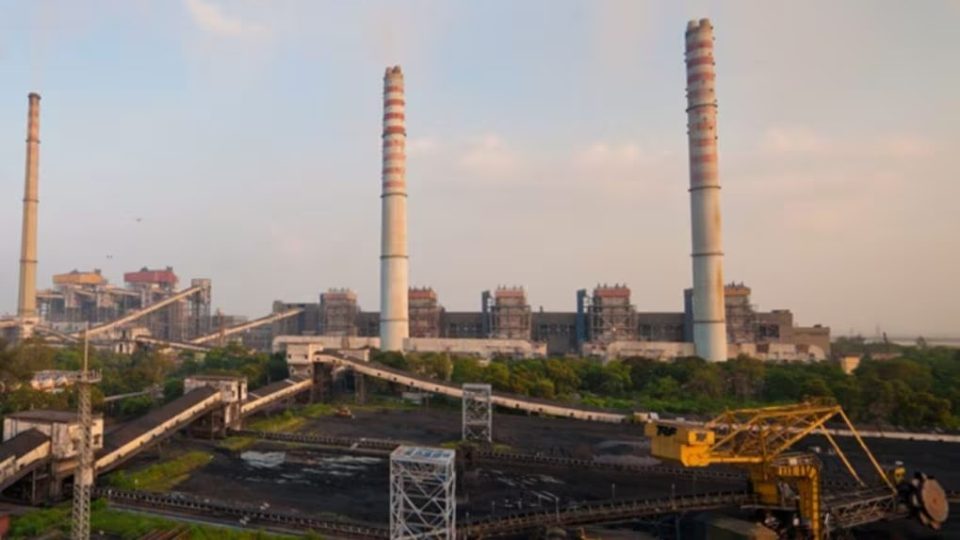The Cabinet Committee on Economic Affairs (CCEA), chaired by Prime Minister Narendra Modi, has exempted India’s largest power generation company and Maharatna PSU NTPC Limited from investing in its green energy subsidiary NTPC Green Energy Limited (NGEL).
At the time, Petronas offered Rs 3,800 crore ($460 million) for a 20% stake in NGEL. Once the deal is completed, it will be the first for an Indian state-run company.
“The CCEA has exempted NTPC Limited from complying with the existing guidelines on delegating authority to the Maharatna CPSE to invest in NGEL. The CCEA also exempted NGEL from investing in NTPC Renewable Energy Limited (NREL) and its other joint ventures/subsidiaries up to 15% of its net assets exceeded the monetary cap of Rs 5,000 crore to Rs 7,500 crore to achieve NTPC Ltd’s target of 60 GW of renewable energy (RE) capacity,” the government said in a statement on March 17.
The country aims to reach 500 GW of installed non-fossil energy capacity by 2030. Through investments in the renewable energy (RE) sector, NTPC aims to add 60 GW of installed renewable energy capacity by 2032, which will help the country meet its target of 500 GW and move towards “Renewable Power” by 2070 — the larger goal of “net zero” emissions. The enhanced target aligns with the ‘Panchamrit’ announced by the government at the COP 26 summit recently as India’s contribution to ‘Net Zero’ climate action.
“NGEL aims to be the flag bearer in NTPC’s renewable energy journey and currently has 15 renewable energy assets of 2,861 MW operating/closer to commercial operation date (COD) and through its subsidiary NREL (NTPC Renewable Energy Limited will expand its portfolio of investments in renewable energy through participation in competitive tenders and several emerging opportunities in the green energy business,” the government said.
“The waiver to NTPC will help improve India’s global image as a green economy. It will also reduce India’s reliance on conventional energy sources by diversifying India’s energy production and reducing the country’s coal import bill. Furthermore, it will help ensure 24*7 electricity supply to all corners of the country,” it said.






